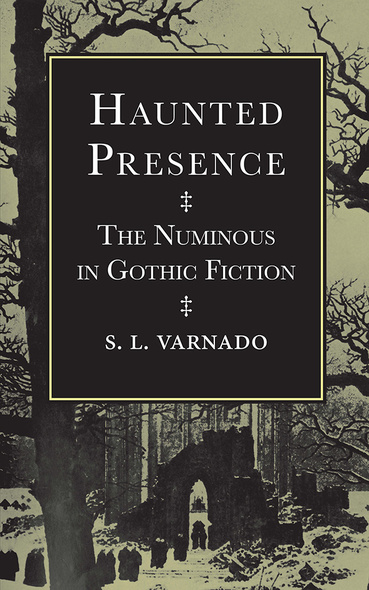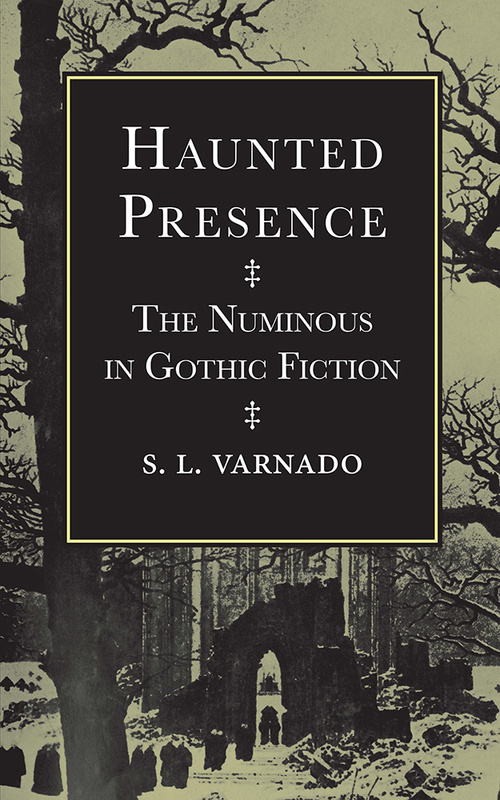
172 pages, 5 1/2 x 8 1/2
1 B&W illustration
Paperback
Release Date:15 Nov 2015
ISBN:9780817358556
Are ghosts, vampires, and other forms of “haunted presence” related to universal religious instincts? Are emotions that play a part in religious ritual and narrative similar to those in classical works of Gothic fiction such as Dracula, Frankenstein, The Turn of the Screw, and the tales of Edgar Allan Poe? Haunted Presence: The Numinous in Gothic Fiction reveals the intersection of Gothic literature and contemporary theories about the psychology of religious experience, positing that the two share the concept of the numinous, the human response of awe in the face of the eternal.
Varnado offers a fresh and audacious analysis of the literature of the supernatural by employing insights derived from the philosophy of religious experience. Ranging from the Gothic novel of the eighteenth century to ghostly tales from the nineteenth and twentieth centuries, Varnado frames ghost stories as ontological challenge to the reader. The challenge is not in the form of philosophical proposition, however. Rather it is in the form of feelings and emotions that maintain a connection with the sense of reality. It is this area of reality that Rudolph Otto called the numinous—the feeling of the supernatural—that stands at the center of Gothic literature.
An understanding of this unique category of experience, aligned with its associated concept of “the sacred and the profane,” exposes the purpose of ghostly literature and demonstrates the enduring relevance of this mesmerizing genre.
Varnado offers a fresh and audacious analysis of the literature of the supernatural by employing insights derived from the philosophy of religious experience. Ranging from the Gothic novel of the eighteenth century to ghostly tales from the nineteenth and twentieth centuries, Varnado frames ghost stories as ontological challenge to the reader. The challenge is not in the form of philosophical proposition, however. Rather it is in the form of feelings and emotions that maintain a connection with the sense of reality. It is this area of reality that Rudolph Otto called the numinous—the feeling of the supernatural—that stands at the center of Gothic literature.
An understanding of this unique category of experience, aligned with its associated concept of “the sacred and the profane,” exposes the purpose of ghostly literature and demonstrates the enduring relevance of this mesmerizing genre.
S. L. Varnado is a professor emeritus at the University of South Alabama and has written articles for National Review, Reader’s Digest, the New Oxford Review, and the National Catholic Reporter.




